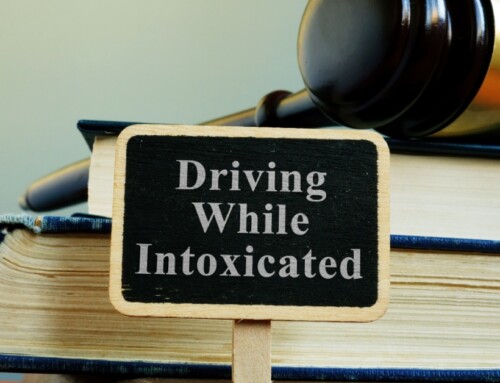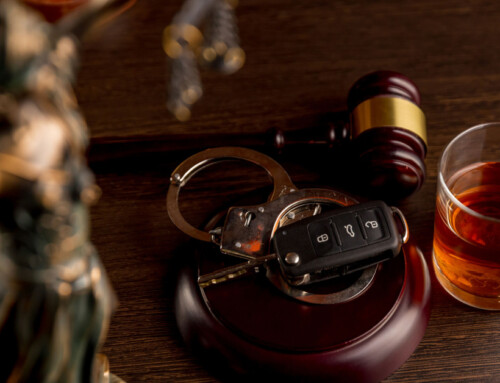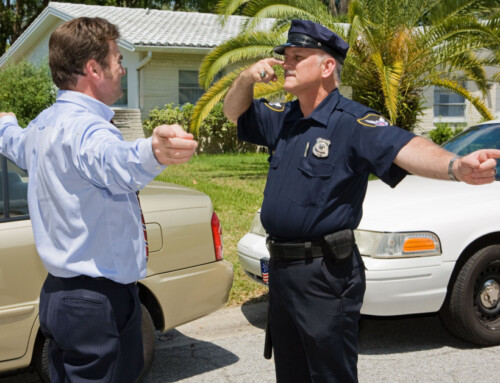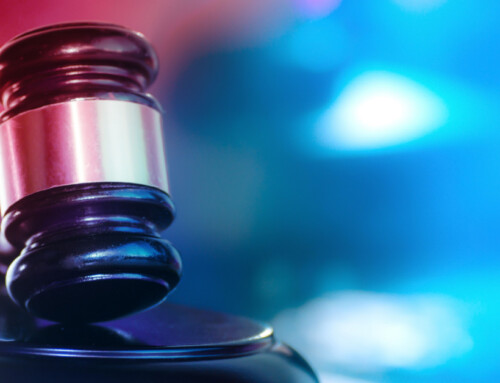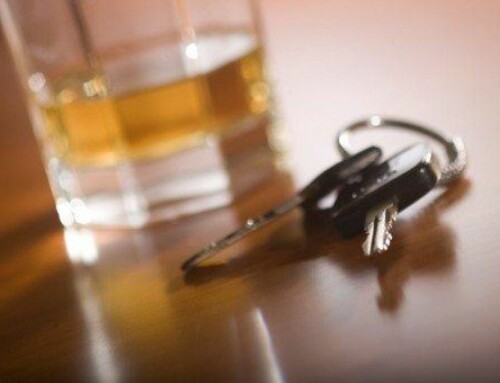In South Carolina, driving with a blood alcohol concentration of 0.08 percent or more is not considered driving under the influence (DUI). Instead, it is prosecuted as a separate offense called “driving with an unlawful alcohol concentration” (DUAC).
This distinction is important because it impacts the defenses you have available. In a DUI case, the prosecutor’s office must prove that the defendant was driving “while under the influence of alcohol to the extent that the [defendant’s] faculties to drive a motor vehicle [were] materially and appreciably impaired.” This means that the prosecutor’s office must have evidence that the defendant was actually affected by his or her alcohol consumption.
But, in a DUAC case, evidence of impairment is not required. If you are caught driving in South Carolina with a BAC of 0.08 or higher, then you can be convicted of DUAC regardless of whether your alcohol consumption impacted your ability to drive.
The Penalties for DUI and DUAC Are the Same
Even though a DUAC charge does not require proof of impairment, the penalties for DUI and DUAC are the same. This means that a first-time DUAC charge can lead to penalties including:
- Up to a $400 fine
- Additional assessments and surcharges totaling almost $600
- Loss of your driver’s license for up to six months
- A 48-hour to a 30-day jail sentence (with possible community service in lieu of jail time)
- Mandatory completion of South Carolina’s Alcohol and Drug Safety Action Program
If you are being charged as a repeat offender, you are facing thousands of dollars in fines, assessments, and surcharges; anywhere from five days to five years of imprisonment, anywhere from a one-year driver’s license suspension to permanent loss of driving privileges; and other penalties.
What are Possible Defenses to DUAC in South Carolina?
As we mentioned above, one of the key differences between DUI and DUAC cases in South Carolina is that they present different defense options. While some defenses are available in both types of cases (i.e., violation of your Fourth Amendment rights), there are (i) various defenses that are specific to DUI and (ii) various defenses that are specific to DUAC.
The defenses specific to DUAC largely focus on the accuracy and reliability of your BAC test results. For example, some potential defenses to DUAC charges in South Carolina include:
1. Failure to Inform You of Your Rights Under South Carolina’s Implied Consent Law
When the police pull you over on suspicion of DUI or DUAC, you must submit to a BAC test. This requirement exists under South Carolina’s implied consent law.
However, South Carolina’s implied consent law establishes requirements for police officers as well. Specifically, before administering a breath test (or transporting a suspect to the police station for a blood or urine test), the arresting officer must inform the suspect of various rights under the law. If your arresting officer failed to inform you of your rights, this could provide grounds to challenge the admissibility of your BAC results in court.
2. Failure to Properly Calibrate or Maintain the Testing Device
Breath, blood, and urine testing devices require careful calibration and regular maintenance to provide reliable results. If the device used to test your BAC had not been recently calibrated or properly maintained, this could provide a defense to your DUAC charge as well.
3. Failure to Properly Administer the Breath Test
When administering a breath test during a drunk driving traffic stop, there are strict protocols that the arresting officer must follow. If the officer who arrested you failed to follow these protocols to the letter, this could also call the reliability of your BAC reading into question.
4. Failure to Prevent Contamination of Your Blood or Urine Sample
The police must also follow strict protocols for preventing contamination of blood and urine samples. If there is any chance that your sample was contaminated, this could provide a defense in your DUAC case. In addition to proving failure to follow the requisite protocols, asserting this defense could also involve showing that the police do not have adequate records to prove a chain of custody and non-contamination.
5. Alternate Explanations for Blowing a High BAC
If you face a DUAC charge based on the results of a breathalyzer test, you may be able to fight your charge by asserting possible alternate explanations for your high BAC. For example, the following can all lead to “false positive” breathalyzer readings:
- Acid reflux
- Asthma medications
- Breath sprays and mints
- Cold and cough medications (i.e., Nyquil)
- Excess ketones
- Mouthwash
- Oral gel medications (i.e., Anbesol)
Can I Fight My South Carolina DUAC Charge on My Own?
Technically, yes. If you want to, you can try to fight your South Carolina DUAC test on your own. Would we recommend this approach? Absolutely not.
Here’s why:
Regardless of which defense (or defenses) you can assert, fighting your DUAC charge is not going to be easy. While you are entitled to a presumption of innocence, there is still a very real possibility that you could be convicted even if you have multiple valid defenses available. You need to make smart and strategic decisions at every step of your case, you need to know how and when to assert your defenses, and you need to make sure you avoid mistakes that could limit the options you have available.
Additionally, even if you cannot avoid penalties entirely, you may have other options for mitigating the consequences of your arrest. For example, South Carolina has a pre-trial intervention program for first-time offenders. A DUI defense lawyer may also be able to negotiate for a reduced charge or a reduced sentence—and this is generally not something that you can expect to do on your own.
Discuss Your DUAC Charge with North Charleston Defense Lawyer Rad S. Deaton
If you need to fight a DUAC charge, we strongly encourage you to contact us for more information. To discuss your case with North Charleston drug charge defense attorney Rad S. Deaton in confidence, call 843-225-5723 or request a free consultation online now.


